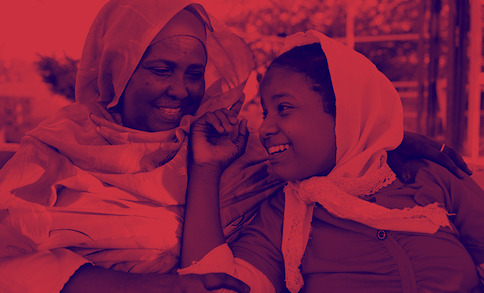

Ivory Coast hosts approximately 2/3 of the world production of cocoa. This has been linked to one of the highest incidences of child labor worldwide, with almost 2 million children employed in cocoa fields. In that context, children’s education is threatened not only by child labor, but also by teachers’ limited effort to support students in this challenging environment. Research shows that teachers are often absent from the classroom in developing countries, and even when they are not, they often spend little time on task or target instruction to the top of the class. In light of those facts, it is not surprising that learning outcomes are very poor: in countries like Ivory Coast, 2 out of 3 students cannot read at the appropriate age, and almost 5% of students drop out of school every year, even from a very young age.





This project studies whether monitoring teachers through different strategies can improve learning outcomes in Ivory Coast. We randomly assign teachers across 100 public schools to two different types of monitoring, direct and indirect. Aimed at encouraging teachers to be more present in class and to check whether they are putting in enough effort, direct monitoring involves sending weekly text messages sent directly to their phones in partnership with the Ministry of Education. Indirect monitoring, on the other hand, aims to motivate the primary caregivers of the students taught by those teachers to show up in school more often to check in on what their children are learning through community mobilization, again by sending weekly text messages.
Messages to parents induced them to show up in school more frequently, which both students and teachers noted. Teachers who were less likely to be in class at the baseline showed up in school to a greater extent, relative to the control group, and ‘taught to the top’ to a lesser extent. As a result, at the end of the school year, students whose parents were randomly assigned to receive messages from the school were about one school quarter more advanced in numeracy and literacy, and were 50% less likely to drop out.
Messages to teachers were not as effective. They had no effect on teacher attendance, but they still led them to attend more to students at the low end of the distribution of baseline test scores. As a result, even though learning did not significantly improve in this group, dropouts also decreased by 50% relative to the control group.
In turn, students for whom both parents and teachers received messages from the school experienced no improvements relative to the control group. In effect, dropouts even increased in this group relative to the control group for students whose teachers were already highly motivated at baseline.
All in all, our findings indicate that external pressure can help to improve teachers’ effort and boost learning in developing countries, but too much of it can backfire. Surprisingly, backfire is concentrated on the teachers who were already motivated to start with, consistent with the idea that extrinsic motivation can crowd out intrinsic motivation -- strikingly, even in the absence of financial incentives.
The loop: children’s under-education due to factors such as lack of teacher motivation
Breaking the loop: messages to mobilize parents to engage in their children’s school life indirectly motivate teachers to put in more effort, leading to better learning outcomes and lower dropouts
Parental Engagement in Child Schooling
The study aims at improving the literacy and numeracy skills of children in Ivory Coast by sending nudges to parents and teachers mobile phones to engage in children’s education.
- StatusConcluded
- CountryIvory Coast
- Program areaNo Poverty, Education, Industry Innovation Infrastructure, Reduced Inequalities, Partnerships
- TopicsLinkages, Information, Trust
- PartnersIPA, MGOV, Ministry of Education, TRECC, University of Pennsylvania
- Timeline2016-2021
- Study typeRandomized control trial
- Sample size10,000 households, 20,000 Childern, 400 Teachers
Research Team


Dr. Sharon Wolf
Jacobs Foundation Research Fellow, Graduate School of Education, University of Pennsylvania

Maite Deambrosi
UZH
Similar
Child Development Study
Longitudinal Study on Child Development Based on Wearable Technologies.
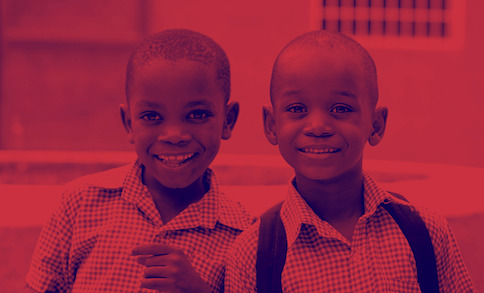
School Closures and Reopening in the Pandemic
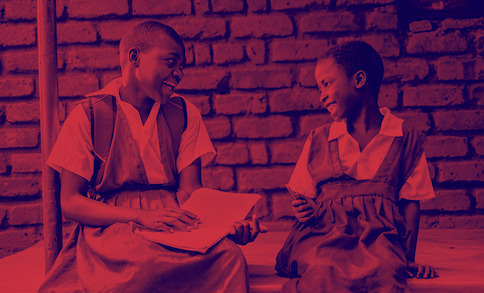
Preventing Student Dropouts in the Pandemic
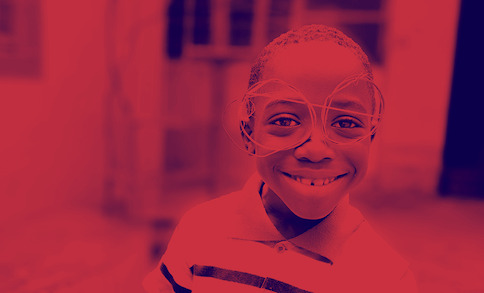
The Growth Mindset Project
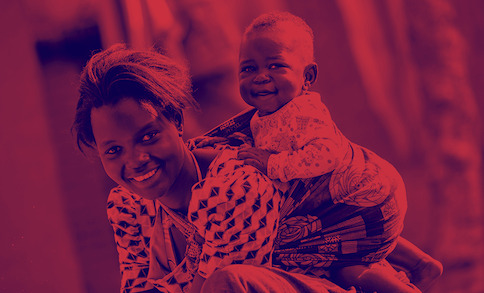
Preventive Health Care in Malawi

Sex-Selective Abortion in Armenia
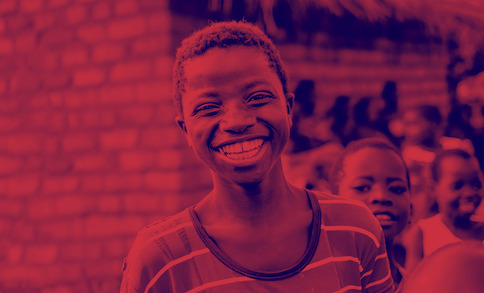
Harmful Practices against Girls in Malawi
